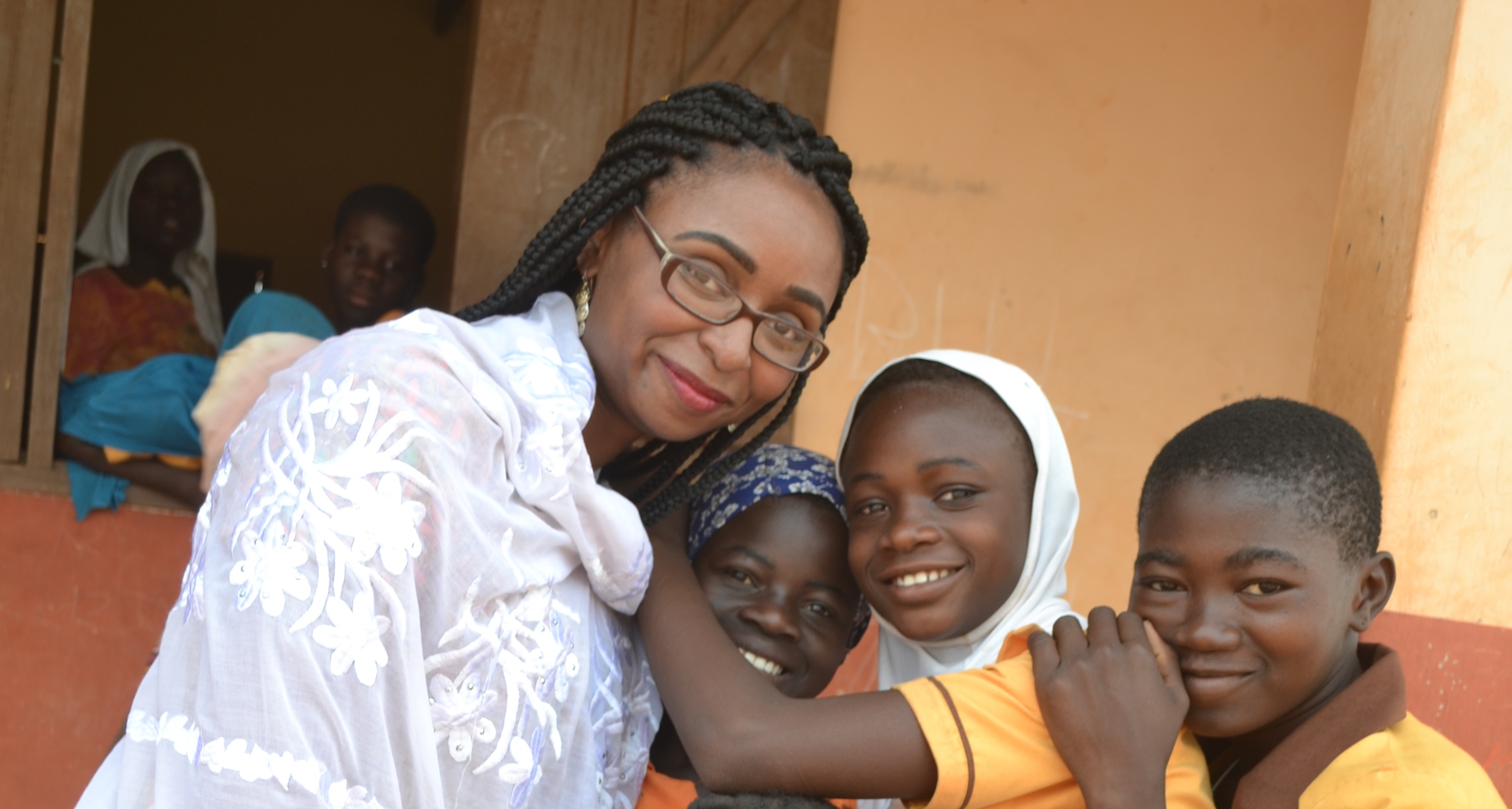
More than 60 adolescent girls and parent peer counselors within the Kochem, Ngogu and Bogunaayili communities in the Northern region, will receive training on community response and accountability strategies to reduce the school drop-out rate among adolescent girls.
This is part of a series of trainings and support seminars being organized to empower the girls, parents and community leaders. The program, ‘Investing in Adolescent Girls Strengthens our Community’, which was launched on February 2, 2018, will also equip at least 30 local leaders from these communities (religious and traditional leaders, school administration, and business leaders) with similar strategies.
The project is being led by Danielle Taylor, the founder and Executive Director of a nonprofit organization, ÒmanBaako. It is being carried out in collaboration with two local development organizations.
The communities requested the project be carried out there to reduce the number of adolescent girls who drop out of school shortly after entering Junior High School. This worrying development is common in many rural villages of northern Ghana where girls desert their communities to hawk along the streets of Accra.
Speaking at the launch of the project, Ms Taylor described the impact of the abandonment of their education and homes as “immediate and profound”. “It reduces their critical thinking skills, their future earning potential and their capacity to contribute to their community’s well-being”, she lamented.
She further explained that members of these communities felt “existing social norms contribute to gross gender inequity that leaves girls ill-equipped to seek and take advantage of opportunities that would increase their physical, social, and economic security and welfare”.
The approach being used by ÒmanBaako is to work collaboratively with and through diverse segments of community’s members and leaders, to build a more equitable community that celebrates and elevates the contributions and inherent human rights of its young girls. By doing so, the community is better positioned to tackle a variety of interconnected Sustainable Development Goals.
Òman Baako
ÒmanBaako translates into “One Community” in Twi. The name reflects the organization’s belief that in levelling the playing field for women and girls, all of society benefits as one. ÒmanBaako has a unique model of development, different from that of traditional international development organizations in that it supports communities in collectively setting their own vision for development and allows locals to be the drivers of progress as opposed to fulfilling an externally prescribed process. For more information, please visit, www.omanbaako.org.
Source: Ghana/Starrfmonline.com/103.5FM

